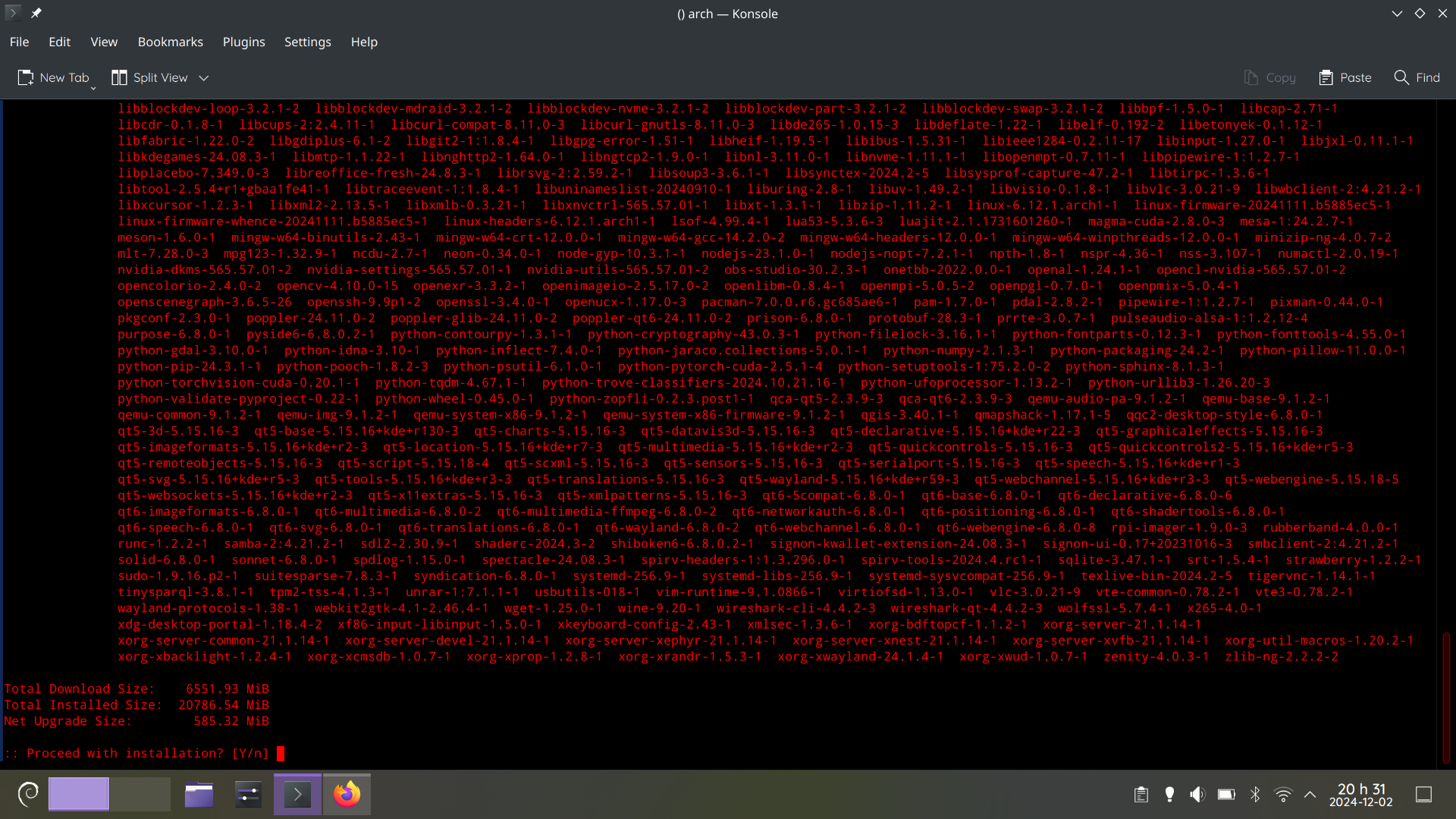this post was submitted on 03 Dec 2024
298 points (97.2% liked)
Linux
58654 readers
662 users here now
From Wikipedia, the free encyclopedia
Linux is a family of open source Unix-like operating systems based on the Linux kernel, an operating system kernel first released on September 17, 1991 by Linus Torvalds. Linux is typically packaged in a Linux distribution (or distro for short).
Distributions include the Linux kernel and supporting system software and libraries, many of which are provided by the GNU Project. Many Linux distributions use the word "Linux" in their name, but the Free Software Foundation uses the name GNU/Linux to emphasize the importance of GNU software, causing some controversy.
Rules
- Posts must be relevant to operating systems running the Linux kernel. GNU/Linux or otherwise.
- No misinformation
- No NSFW content
- No hate speech, bigotry, etc
Related Communities
Community icon by Alpár-Etele Méder, licensed under CC BY 3.0
founded 6 years ago
MODERATORS
you are viewing a single comment's thread
view the rest of the comments
view the rest of the comments

Sometimes I wish someone would make a an Arch box and come back to it years later to see the updates it has missed.
But that's assuming an Arch box would be reliable enough to stay alive that long lol.
Always heard of 20+ year old bsd and debian machines chugging along with no issue.
It won't rise much beyond that, since you only get one update per package. Whether it's upgrading Firefox from version 120 to 121 or to version 130, it doesn't change much in terms of download size, nor the number of updates.
At least, I assume, Arch doesn't do differential updates. On some of the slower-moving distributions, they only make you download the actual changes to the files within the packages. In that case, jumping to 121 vs. 130 would make more of a difference.
If you do want lots of package updates, you need lots of packages. The
texlive-fullpackage is always a fun one in that regard...I have updated arch systems that had not been powered on for years before. It was fine. No issues what so ever. Arch is not some flaky distro that breaks if you look away for a minute. My main system has had had the same install for over 5 years now and I regularly forget to update it for months at a time. Again, no issues.
Yeah really the biggest issue I could see is pacman’s keyring being so out of date that it has to be manually refreshed with a new one
My arch install has been going strong for about 5 years now
I had that on a physical machine! It broke hardcore lol I had to reinstall the OS after trying to update
Pretty sure you can't leave Arch lying around for even two months.
Yes, you can. You can even update Arch after a year. But you'll have to do a few more steps than just pacman -Syu